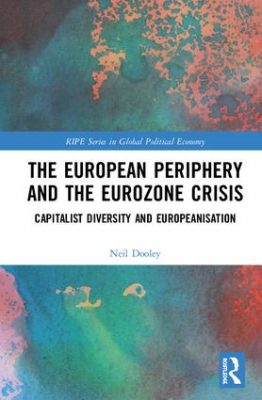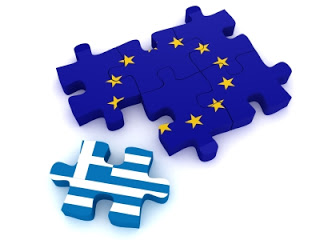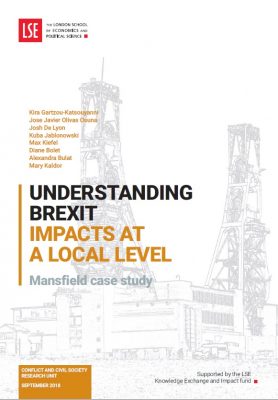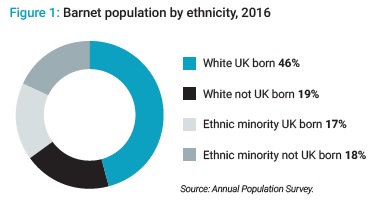By Anar Ahmadov
 The EU has set a target of generating at least 20% of its total energy needs through renewables by 2020. Given the success of Green parties in May’s European Parliament elections, there is now real momentum in the push toward renewable energy transition. But a number of resilient obstacles remain and there is a clear need for stricter policies at both the EU and national levels.
The EU has set a target of generating at least 20% of its total energy needs through renewables by 2020. Given the success of Green parties in May’s European Parliament elections, there is now real momentum in the push toward renewable energy transition. But a number of resilient obstacles remain and there is a clear need for stricter policies at both the EU and national levels.
Green parties were among the main winners in May’s European elections. Indeed, they have become a political force in the new European Parliament, and their success should add significant momentum to the push toward renewable energy transition in an otherwise unsympathetic environment. Yet for this to lead to a real tipping point for renewable energy in the EU, the new Members of the European Parliament (MEPs) will need coherent strategies for overcoming a set of resilient political obstacles.
By early 2019, the production of solar, wind, biomass and hydroelectric energy reached 40 percent in Germany’s electricity production, for the first time replacing coal as the country’s main source of power. In a country known for its large production and dependence on coal this was noteworthy. Investment in renewables has generally stalled globally, but many initiatives in Europe hold promise. Continue reading


 The three memoranda signed between various Greek governments and the creditor Troika have been one of the most important European political issues in this decade, generating a lot of journalistic and scholarly interest. This article presents findings from a framing analysis (you can find the complete research
The three memoranda signed between various Greek governments and the creditor Troika have been one of the most important European political issues in this decade, generating a lot of journalistic and scholarly interest. This article presents findings from a framing analysis (you can find the complete research  Fifteen years after the failure to adopt the
Fifteen years after the failure to adopt the 
 In January 2018, I joined a team of researchers at the London School of Economics (LSE) who were starting to work on a project about the local-level impact of Britain’s departure from the European Union in five British local authorities. We set ourselves a double challenge: firstly, we wanted to understand why people voted the way they did in those five areas in the 2016 EU referendum, in light of the local context and the issues that were considered politically significant locally. Secondly, we wanted to do a little experiment: If we produced a report about the impacts of Brexit that was locally relevant, combining the results of existing quantitative studies with the evidence collected through our own field work in each local authority, would it be possible to bring Leavers and Remainers together in one room and spark a forward-looking, evidence-based discussion about Brexit within each local community?
In January 2018, I joined a team of researchers at the London School of Economics (LSE) who were starting to work on a project about the local-level impact of Britain’s departure from the European Union in five British local authorities. We set ourselves a double challenge: firstly, we wanted to understand why people voted the way they did in those five areas in the 2016 EU referendum, in light of the local context and the issues that were considered politically significant locally. Secondly, we wanted to do a little experiment: If we produced a report about the impacts of Brexit that was locally relevant, combining the results of existing quantitative studies with the evidence collected through our own field work in each local authority, would it be possible to bring Leavers and Remainers together in one room and spark a forward-looking, evidence-based discussion about Brexit within each local community?

 The
The 

